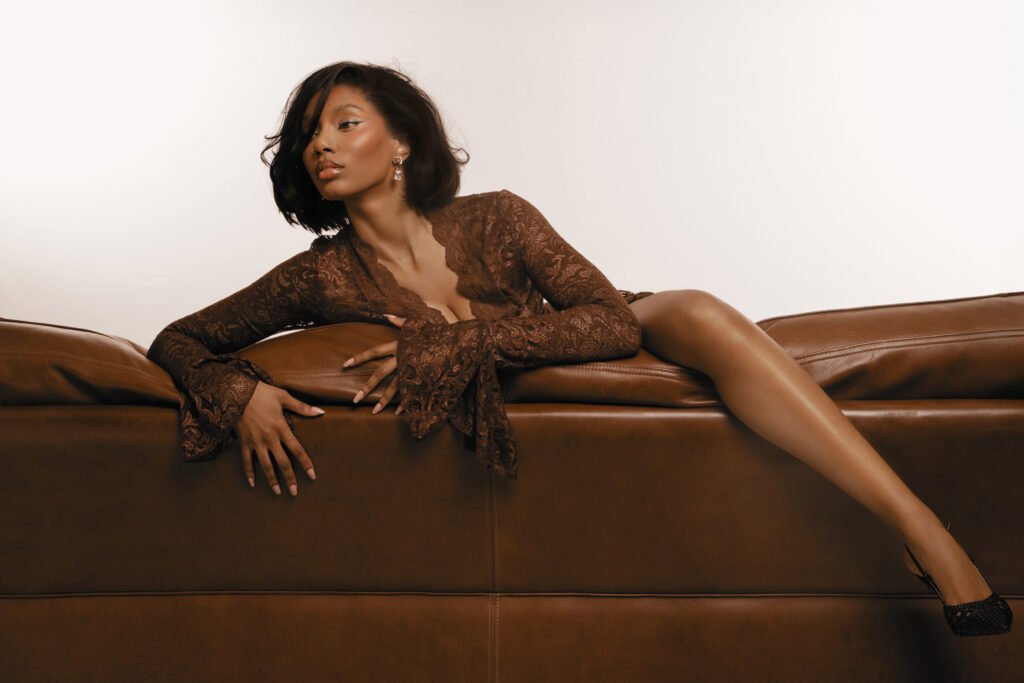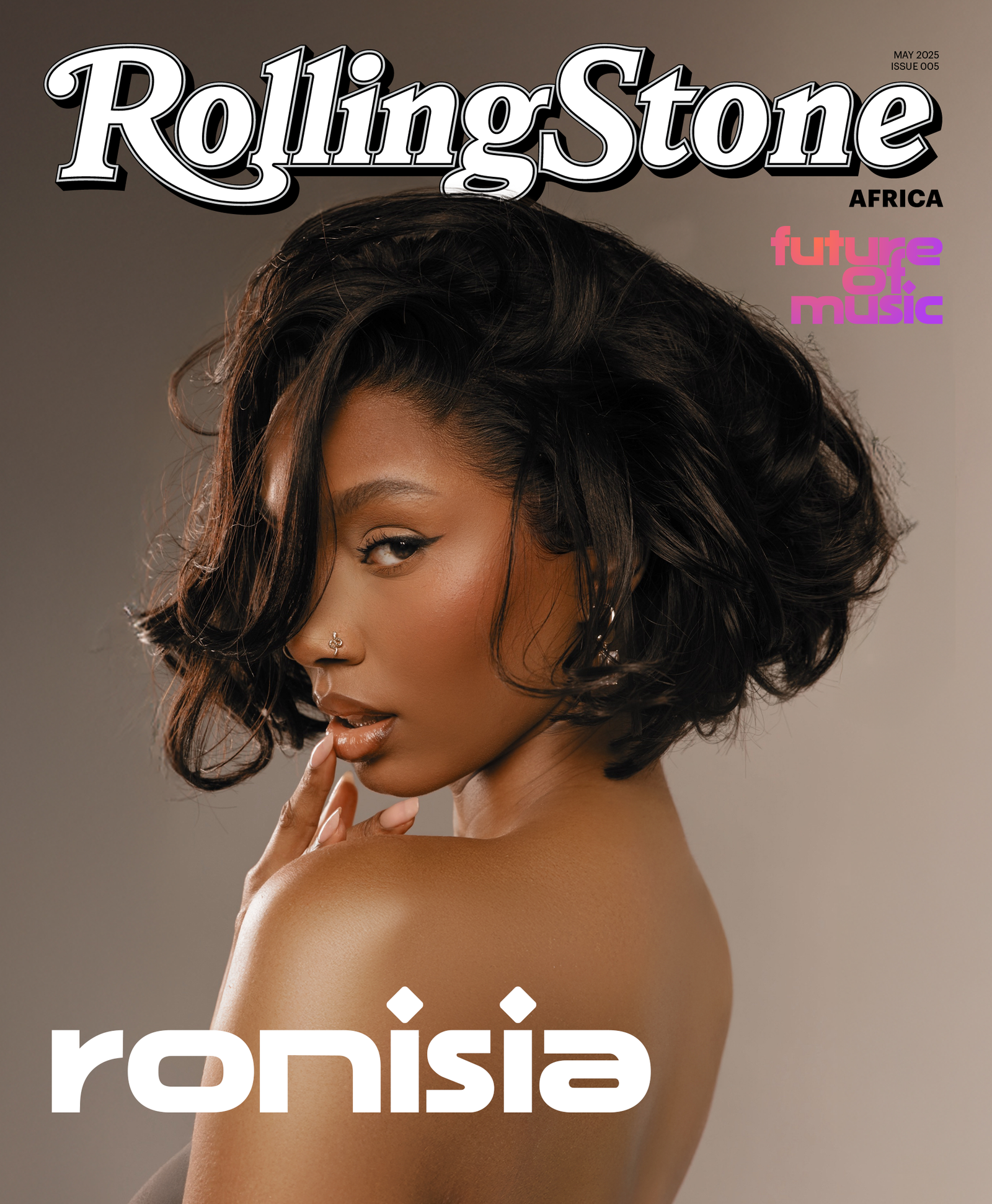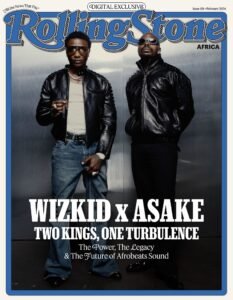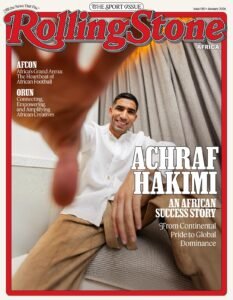“N krê pa bu leba-m na nha terra Cabo-Verde,” in other words: “I want you to take me to my land, my Cape Verde.” These lyrics instantly immerse us in Ronisia’s universe and origins.
With “Nha Terra,” released in 2022 on her self-titled debut album, the singer strikes a chord with her audience, taking them on a vibrant journey between roots and modernity, between the nostalgia of her homeland and the energy to conquer the international stage. This track quickly became an anthem for the Cape Verdean diaspora and for anyone who identifies with this pride in their heritage and desire for transmission.
Born in Cape Verde and raised in France, Ronisia has made this blend of cultures her musical signature.
Her unique vibe moves between zouk, RnB, dancehall, and Cape Verdean influences.
Since 2019, she’s released a string of standout singles, broke through with “Atterrissage” on TikTok, and then dropped her debut album “Ronisia” in January 2022, which went gold. The hits kept coming (“Doucement,” “Mélodie (Tatami),” “Joli cœur”), as did collaborations with Ninho, Eva Queen, Tiakola, Gazo, Niska, and CKay.
In 2024, she reached a new milestone by selling out the Zénith in Paris, confirming her growing popularity with a young and cosmopolitan audience.
When it comes to accolades, Ronisia has racked up distinctions: a gold record, several certified singles, a BET Awards nomination in 2021, the 2023 Flamme for Female Revelation, and millions of views on her videos.
Still as inspired as ever, she just unveiled her new single “Fan” on May 2, 2025-a sunny, catchy track that’s already set to be the soundtrack of our summer.
Yet another sign that Ronisia continues to define her generation, constantly reinventing the codes of urban pop and shining a light on Cape Verde on the international stage.
It was only natural for her to be part of our “Future of Music” selection and become the first French-speaking female artist to grace the cover of Rolling Stone Africa.
She was kind enough to answer a few of our questions…
Face of RSA “Future of Music”
You are part of Rolling Stone Africa’s “Future of Music” selection. What does it mean to you to be considered an artist who embodies the future of music?
It’s an honor, and very rewarding for any artist to be recognized-especially when that recognition projects you into the future.
“Embodying the future of music” isn’t just a title, it’s a real challenge-and one I gladly accept!
Future of Music: Evolution & Vision
How do you see the evolution of Afro-Caribbean music in recent years (especially zouk)?
What excites or inspires you, and how do you imagine the future of Afro-Caribbean music? Are there any artists or trends you’d recommend we follow?
I have a lot of admiration for this genre-it’s both ancient and vast. Its evolution shows that it remains deeply rooted over time. I’m proud to have grown up with these sounds and to see them being completely reinvented today.
The future of Afro-Caribbean music, I see as universal… anyone could interpret it.
As for artists, I think we all agree on Kalash’s talent-he’s taken Afro-Caribbean rap to another level. I’d also mention Meryl, who’s very strong as well!
Futuristic Music Collab
If you could imagine a future collaboration, whether unexpected or just one you’d be proud to share with your community in the coming years… Which African or international artist would it be, and why?
A collaboration with Tems would be incredible. I love her style-both melancholic and sensual. She’s also an artist who, for me, embodies the future of music.
For a more unexpected collab, I’d say Fally Ipupa. He’s a great example of longevity in the evolution of Afro music. I’d really love to try a collaboration in his musical world, rumba-it would be a great challenge too!
“The future of Afro-Caribbean music, I see as universal.”
Ronisa
About You
You grew up between Cape Verde and France. How does this dual culture feed your creativity and shape your musical identity? Do you see yourself today as an ambassador for your island on the international stage?
Cape Verdean and French musical cultures are both very rich, each on their own. Together, they’re a real cultural asset.My music reflects that: I mix French lyrics with a lot of zouk inspiration (“Jolie cœur,” “C’est toi,” “Mélodie”), lyrics in Kriol (“Nha Terra,” “Sem Bo”), some dancehall touches (“Vybz”), and even RnB (“Chill”). They’re all different genres, but together they make up my musical identity. On the international stage, like other Cape Verdean artists (Lisandro Cuxi…), you quickly become an ambassador for Cape Verde, since there are still few of us out there.
Personally, I aspire to become one more and more.

"Cape Verdean and French musical cultures are both very rich, each on their own. Together, they’re a real cultural asset. My music reflects that."
Ronisa
Since your meteoric rise, from social media to the stage, what has been the most memorable moment in your career-the one that made you want to go even further?
There have been several highlights in my journey that made me want to keep going, but the most memorable remains March 2, 2024: a sold-out Zénith in Paris. It was incredible, unforgettable…
A unique boost that made me even more motivated to challenge myself and give even more of my music to my audience.





